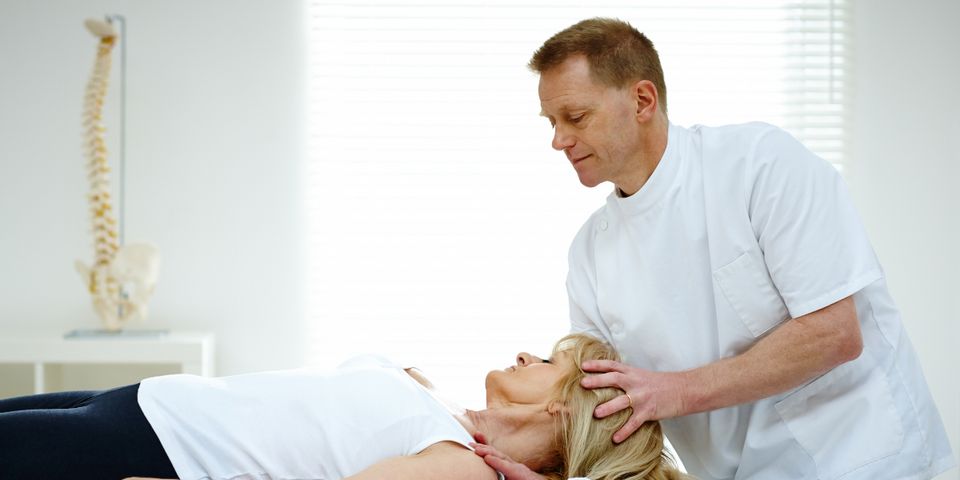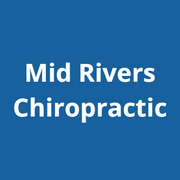
Spinal deformities affect millions of children and adults. Many of those are diagnosed with thoracic kyphosis, which refers to an excessive forward curvature in the upper back. While symptoms are often mild, more severe cases can result in disabling spinal pain and disfigurement if left untreated. To help you better understand this condition and how to address it, below are the answers to a few common questions patients have.
A Guide to Thoracic Kyphosis
What are the causes?
In a normal spine, the vertebrae are stacked in a column. Kyphosis develops when the vertebrae become wedged together. This can happen due to consistently poor posture, trauma to the spine, or disc degeneration. It may also occur as a birth defect in children or during an adolescent growth spurt. Additionally, older people often get kyphosis from ailments, such as osteoporosis, that weaken the spinal bones and increase the risk of fracture.
How are chiropractic treatments beneficial?

Chiropractic care offers a non-surgical method for treating kyphosis. The primary goals of treatment are to alleviate spinal pain and prevent the curvature from worsening. However, it can also help to bring the body back into alignment, improve mobility by strengthening back muscles, reducing inflammation, and slowing down the process of disc degeneration.
What strategies do chiropractors use to treat thoracic kyphosis?
Before creating a treatment plan, a chiropractor will perform a comprehensive exam to determine the patient’s cause of kyphosis. They may use a variety of spinal adjustment techniques to help control the condition. These could include any combination of strategies, such as spinal decompression, massage therapy, electrical stimulation, ultrasound, and trigger point therapy.
How does exercise factor in?
Exercises can play an important role in treating kyphosis as well. This helps build up muscle strength in the back and abdomen to give the spine better support. Recommended exercises frequently include the life extension, head retraction, mirror image, and Superman. Doing each of these a few times a week is the key to successful results.
If kyphosis is negatively impacting your quality of life, turn to Mid Rivers Chiropractic in St. Peters, MO for help managing your condition. Backed by over 40 years of experience, these chiropractic professionals have the skills and techniques to provide effective, personalized care. They’ll assess the severity and source of your spinal pain to determine the best treatment plan for your situation. Call (636) 279-1400 to schedule an appointment, or visit them online to learn more about the services they offer.
About the Business
Have a question? Ask the experts!
Send your question

